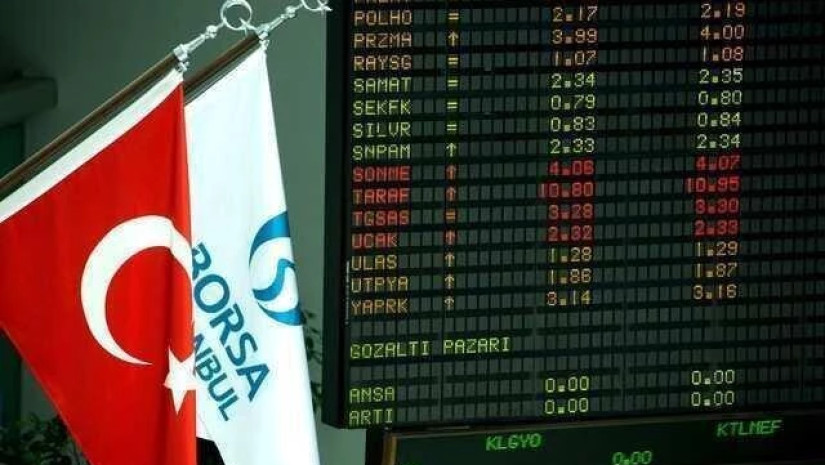Ankara.
In the wake of the Turkish government’s release of long-held U.S. pastor Andrew Brunson, the U.S. dropped sanctions against the
two Turkish government officials that it had sanctioned due to their alleged role in Brunson’s detention.
Additionally, the U.S. gave Turkey—along with seven other countries—a six-month waiver for its newly reinstated sanctions on
Iran’s oil industry.
The Turkish lira was pressured by data showing that annual inflation soared to 25.24% in October, its highest level in 15 years.
With headline inflation likely to increase further in the coming months and with the central bank’s policy rate at 24%, real rates
remain in negative territory and are unattractive, making it is likely that the central bank will need to continue raising rates.
The central bank’s last rate increase was on September 13, when it lifted its main policy rate from 17.75% to 24%.
Although the U.S. Federal Reserve did not raise rates at its November 7–8 policy meeting, expectations for the Fed to do so in
December—which should support a stronger U.S. dollar—also weighed on the lira.
On Friday, the Treasury and Finance Ministry announced that it was cancelling three upcoming Turkish bond auctions because of a
reduction in its financing needs, the government claims that this is a positive development, various Sovereign Debt Analysts are
concerned that this could actually be a defensive move.
The government is reducing issuance of longer-dated bonds in favor of shorter-dated debt, which reduces the costs of funding but
also reduces the duration of the government debt, upcoming auctions would have raised a significant amount of capital but could
have also pushed up funding costs and weakened the lira, so cancelling some of the upcoming auctions helps reduce these risks.












